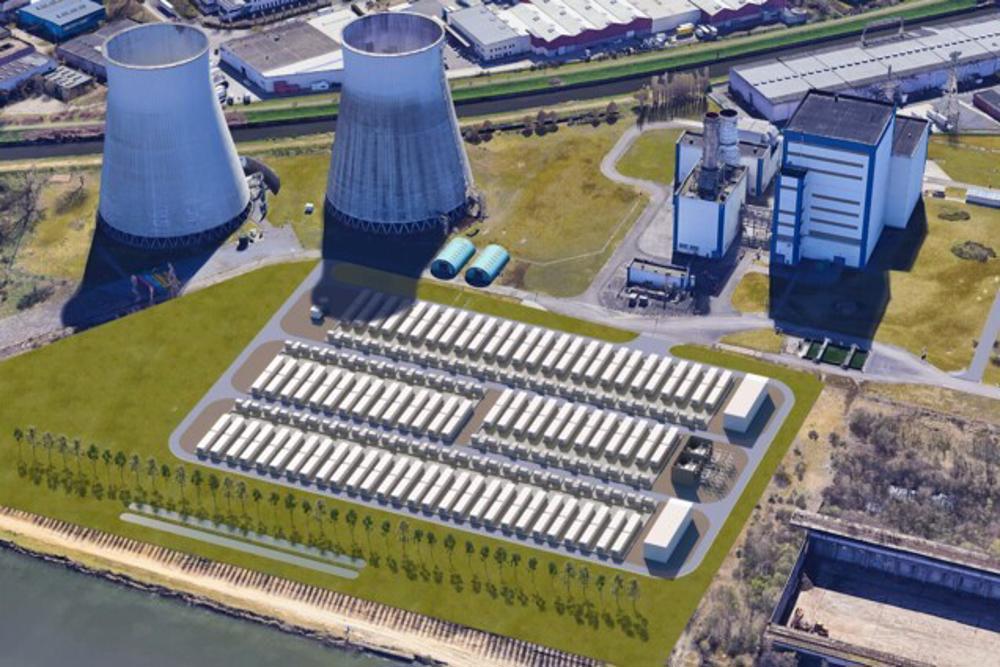
Greece has apportioned EUR 5 billion to phase-out the use of coal by 80 per cent by 2023, to reduce the nation’s carbon footprint.
GlobalData says it is a highly optimistic target, particularly considering the fact that in 2015 coal-based generation formed 41.6 per cent of the generation mix. In 2019, this reduced to 27.9 per cent, which, by 2030, if not entirely staged out, is predicted to have a small share of less than 10 per cent.
“This has been one of the largest investments the nation has made in recent times, which is strong enough to leave coal-based generation behind, subsequently bolstering renewables in the power segment,” commented Somik Das, Senior Power Analyst at GlobalData.
“The renewable energy (RE) segment (including small hydro) is expected to get a boost over the decade, where 85-90 per cent of the total new capacity addition between 2019-30 will be renewable in nature. Almost 55-60 per cent of the RE capacity is anticipated to encompass solar PV.”
The proposed investment is expected to help create more than 8,000 employment opportunities in the western Macedonia and Megalopoli regions.
Investments incorporate a strategy by the state’s Public Power Corporation (PPC) to build solar PV parks in Western Macedonia with a generating capacity of 2.3GW, and a EUR130mn solar PV venture by Hellenic Petroleum in the same region.
“Across the country, there are more than 25GW of solar PV and wind ventures, which are either announced, in the permitting phase or are under construction,” Das details.
“The growing renewable space attractiveness is likely to captivate global investments in the sector as the country plans to have new initiatives such as a reduction in application time for renewable projects, introduction of renewable energy certificates, energy efficiency measures, and planning offshore wind ventures.”
“These bold steps make up the ideal ingredients for the country to leverage the green potential that lies largely unexplored currently.”











